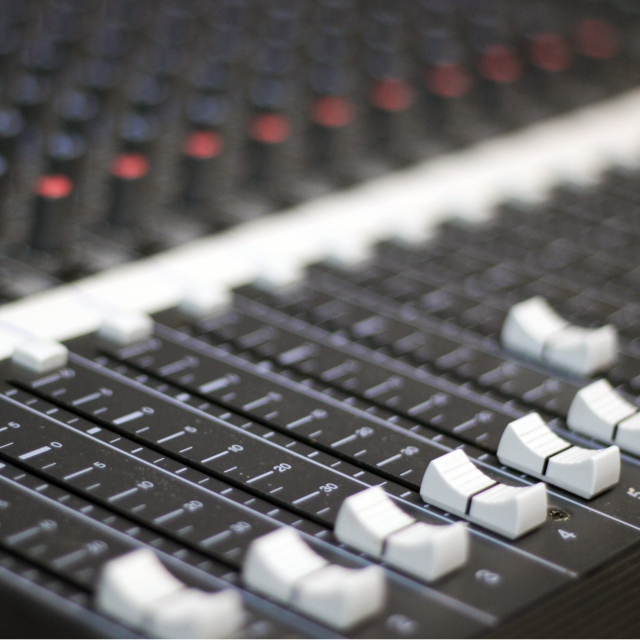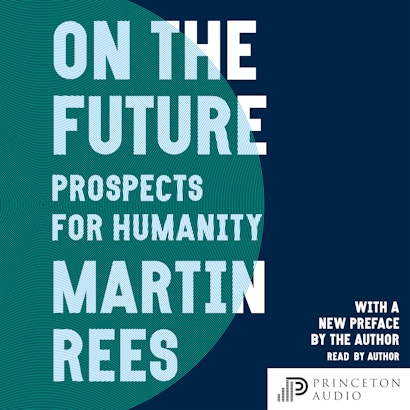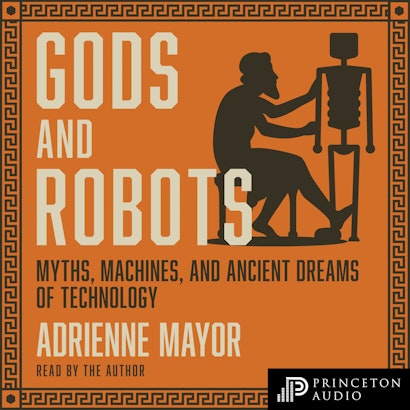Once upon a time, an audiobook was something your grandmother borrowed from the library. The shoebox-sized case contained hundreds of cassettes, and the cover generally featured a woman in a shawl looking tragic as she gazed wistfully out to sea…
Of course, audio publishers have always published more than romantic fiction, and listeners have always been made up of more than the elderly or partially sighted.
Yet, Audiobooks have finally come of age. Their popularity has been driven by technology; the device that we now carry around in our pocket can store hundreds of hours of audio. We can listen to whatever we want, wherever we are and whatever we’re doing.
Sound Understanding has recently been appointed audio partner to Princeton University Press; a publisher that has recognised the prolific growth of audiobooks and has been very forward thinking in becoming the first academic publisher to launch an audio list. Princeton’s authors are the thought leaders of our generation. From On the Future by Lord Martin Rees and read by Samuel West, to Gods and Robots written and read by Professor Adrienne Mayor; these authors offer historical context and in-depth analysis borne out of years of thorough research.
Producing academic or non-fiction books in audio is a challenge, albeit a rewarding one, and preparation is key.
We begin with casting. Non-fiction is difficult to voice; possibly more difficult than fiction. As the style is generally 1st or 3rd person, there is rarely opportunity for the narrator to mix things up or vary their delivery. They really need to be engaged with the material and understand what they’re reading; comprehension can’t be disguised with vocal tricks and the light and shade of characterisation. Voicing non-fiction also requires a tremendous amount of concentration and perseverance to sustain these complex ideas. Coming out of a recording session can sometimes feel like one has just run a marathon!
Getting the right voice goes beyond the usual criteria of region, age, tone, gender. This is always done in partnership with the publisher and with full permission of the author. I personally very much favour author-own readings; no one knows their books better than the authors themselves and the passion they hold for their subject carries a unique authenticity in their voice.
Our narrators are fully supported in studio by a Producer who has sourced pronunciations and—in conjunction with publisher/author—made decisions about where to incorporate footnotes and how to handle graphs and diagrams. Behind our producers are our Editors and Proof Listeners; we aim to marry the subject matter with the education and broadcast experience of our production staff—be that Economics, Natural Science, Maths, History, Classics etc.
Sometimes the author’s premise can spark controversy if, for example, the narrator disagrees with the author’s point of view. However, in academic publishing, we have found there is respect for these opinions because challenging convention is the lifeblood of learning.
Overall, it is a collegiate and very fulfilling area of audio production.
Jennifer Howard is Director at Sound Understanding. She was previously Head of BBC Audio Production and also Director of Talking Issues.


